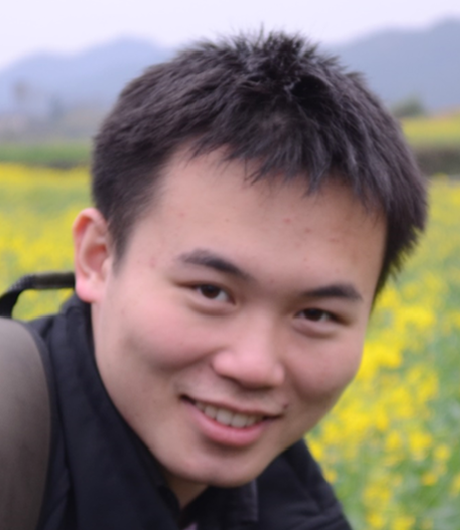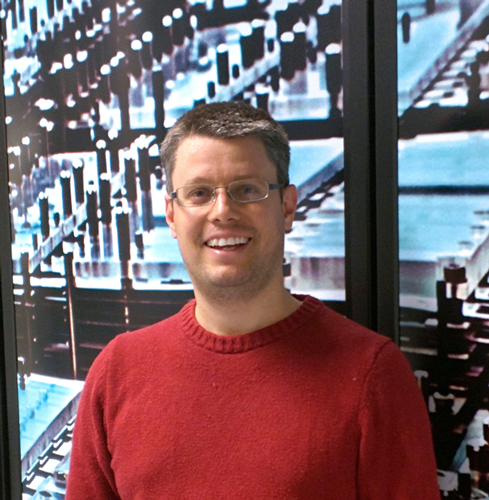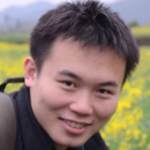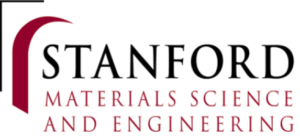
Dr. Ting Cao, has accepted an offer from University of Washington. He will start his research group in September 2019. Congratulations!
Theoretical Condensed Matter Physics and Nanoscience

Dr. Ting Cao, has accepted an offer from University of Washington. He will start his research group in September 2019. Congratulations!

Dr. Jack Deslippe, a Senior Principal Investigator of C2SEPEM, receives 2018 ACM Gordon Bell Prize on “Scalability and Time to Solution”. Congratulations!

In Fall 2018, Dr. Gabriel Antonius, a member of C2SEPEM, has started his research group at University of Quebec at Trois-Rivieres. Congratulations!

We are releasing today the next major version of BerkeleyGW. BerkeleyGW 2.0 represents the culmination of nearly two years of development effort, and this release contains a number of important new features and capabilities including:
1. The initial release of ParaBands: a new tool for efficiently generating wave-function files including many empty orbitals required for BerkeleyGW calculations.
2. Full BSE calculations that do not employ the Tamm-Dancoff approximation.
3. Improved algorithms for k-point sampling in 2D, which include the newly proposed nonuniform neck subsampling (NNS) and the cluster sampling interpolation (CSI) algorithms.
4. Accelerated full-frequency GW calculations through the use of a low-rank subspace approximation for expressing the dielectric matrix. In fact, large-scale full-frequency GW calculations are now faster than calculations using plasmon-pole models!
5. Significant performance improvements throughout, but particularly in the calculation of the full-frequency dielectric matrix and evaluation of the full-frequency Sigma operator. Continued optimizations were made throughout the package for multi- and many-core architectures including Intel Xeon-Phi, which allows BerkeleyGW to scale half a million cores on Cori 2 for large-scale calculations!
6. Improved user and developer documentation, as well as a new quick reference guide (see the link on the top of the page).
We hope you enjoy this release, and let us know through the help forum if you encounter any problem!
– BerkeleyGW development team

On May 3, 2018, Ting Cao was selected for the Jackson C. Koo Award for 2017-2018. This UC Berkeley Physics Department award is given annually to a high achieving physics graduate student in condensed matter who has advanced to candidacy.

The Jackson C. Koo Award was established in 2008 with gifts from Mrs. Jackson C. Koo. Dr. Jackson C. Koo received his B.S. in EECS in 1961; he received his M. Eng. in EECS in 1963; and he received his Ph.D. in Physics in September 1969, all from U.C. Berkeley. Dr. Koo’s thesis advisor was Professor Erwin Hahn. Dr. Koo was a member of the Honor Students Society of UC Berkeley and Phi Beta Kappa. After graduating, he worked at Bell Labs before joining the staff at Lawrence Livermore National Laboratory. During his career he published numerous papers and was listed as an inventor on eight patents.
While all of the candidates are excellent scientists, Ting’s nomination was the strongest. Congratulations!

On December 13, 2017, Ting was selected for the 2017 GLAM Fellowship. The Geballe Laboratory for Advanced Materials (GLAM) at Stanford University is a highly competitive award program. They seek early-career scientists of exceptional ability who will flourish in, and contribute to, the highly interactive and collaborative research environment of GLAM. His research record and plans for future work were both considered outstanding by the selection committee. Congratulations, Ting!